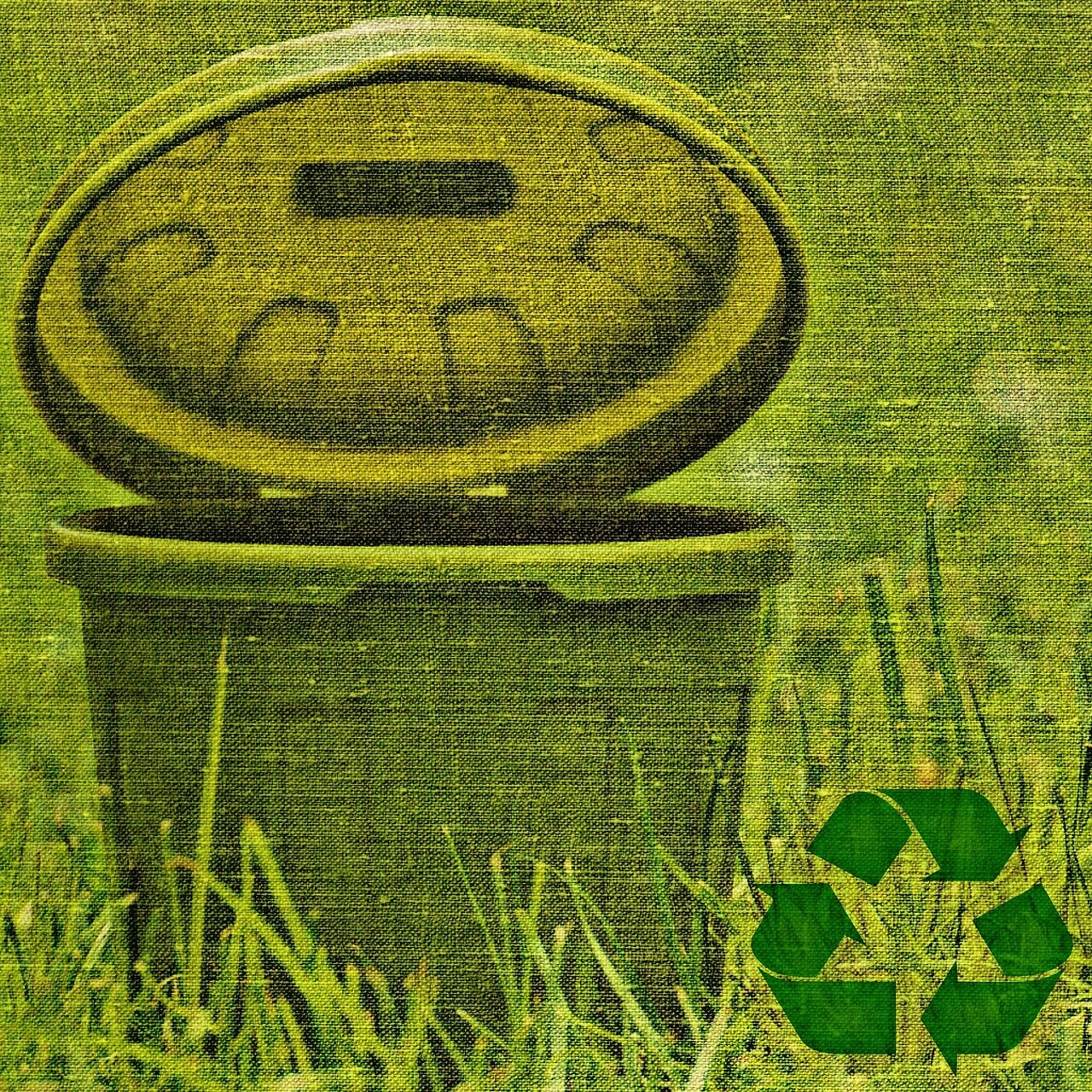Zero waste living is not just about ridding your life of plastic. It’s about asking why we even needed it. It’s about asking ourselves and our families, how life was before plastic? With the chase for convenience and profitability, the greed levels in our world have risen to an all-time high.
Yet, we zero waste has been made to be this daunting challenge, not realizing that generations ago, your dadis and nani (grandparents) lived a zero waste lifestyle; from carrying their own reusable bags to bazaars for bulk shopping, to using ingredients that are local to the environment we live in to neem sticks for brushing our teeth and lastly creating multi-purpose cleaners from ingredients and by-products available at home, rather than the chemicals we use to clean our homes today. Additionally, segregating your waste in dry and wet (organic) waste is a massive step in tackling our waste footprint, and composting is not a foreign concept at all, it was something that we’ve done in the past and can be done now.
Over the years, we’ve just been wired to think that once we throw out our waste, we need not know what happens to it, and this has led to us not caring about segregation, or how we dispose any of our waste! So when we put it into perspective, zero waste lifestyles is not about only buying sustainable, but it’s about tackling your existing lifestyle. By conducting more DIYs at home, composting your waste and even buying larger packs that last longer rather than the smaller ones, you’re already tackling your waste footprint in an affordable manner. Nowadays, zero waste lifestyle and sustainability has a grown into a rhetoric that requires immense change in how we purchase ONLY, but it’s bigger than purchasing. Soaffordability, check!
This lifestyle is NOT time consuming. It’s actually the opposite. Once again, over the years, we have been conditioned that we need to hustle, we need to get to point B extremely efficiently and fast, or that if we don’t make to a certain end goal, we’ve failed. But instead, through this pursuit of happiness, or pursuit of richness, we’ve lost the real essence of life, and that’s to admire the small things in life and appreciating all it has to offer. And while this sounds philosophical and spiritual, it’s called mindfulness which ties hugely into zero waste living. Slowing down to understand the real truth behind your consumption habits just makes us become that much more empathetic towards people who we are directly impacting without knowing. Slowing down helps us realize the intricacies of nature, the workings of composting, and how we can use orange and lime peels (that we’d usually throw out and ends up in landfills due to lack of segregation) to make bio-enzymes!
Based on these very points, such as affordability, or being mindful of time, it is definitely possible in cities and rural areas. Cities are developing at a rapid pace and due to this rapid pace, it is being developed with short-term visions. Short-term visions, one can deduce, is synonymous with an unsustainable, unequal, and corrupt world. However, with awareness levels also rapidly rising, the number of bulk shops, the number of families and younger generations looking at ways to tackle their waste footprint (not necessarily only buying “green”) is amazing to see. With that said, considering the rate of growth in cities, government intervention along with corporations taking the initiative to change their ways can expedite solutions. While the change does start from consumers as our behaviours shape the economy, the employees of a specific company are still people! We need to change the system parallelly, from consumer perpsectives definitely, but also the producer perspective. The rhetoric behind consumers being responsible to bring about change is growing, unfortunately, due to the power of digital media, and there is a lack of pressure on other bodies like governments or corporations. With that said, this pressure on consumers is leading to Climate Change, sustainability and zero waste lifestyles being extremely daunting and the question arises, “will my personal actions even have an impact?”

